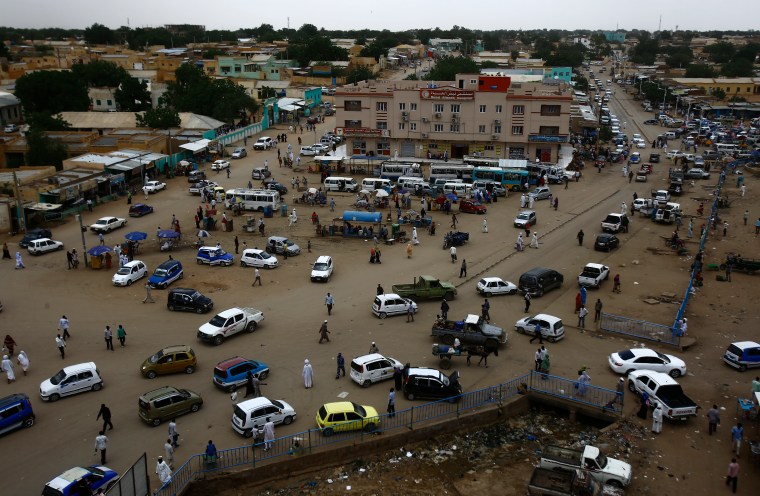Between May 29 and May 31, 2020, local authorities harassed journalists Aida Abdel Qadir and Lena Sabeel in the Sudanese state of North Darfur as they were reporting on the COVID-19 pandemic, according to the independent outlet Radio Dabanga and a representative of the independent Sudanese Journalists Network, who spoke with CPJ via messaging app. The network also posted about the harassment on Facebook.
In interviews via messaging app between July 21 and 27, Abdel Qadir told CPJ that the authorities have opened a preliminary investigation into the two reporters’ journalistic work, and that they have been forced relocate. Abdel Qadir did not specify for what offenses the two journalists are being investigated. CPJ was unable to reach authorities to independently confirm the investigation.
According to Radio Dabanga, Sabeel and Abdel Qadir were both reporting on coronavirus deaths in the North Darfur capital of El-Fasher, Sabeel on her personal Facebook page, and Abdel Qadir for local outlet Darfur 24. Sabeel told Darfur 24 that an officer from military intelligence called her several times on May 29 and May 30 and ordered her to appear at the local intelligence division. Sabeel told the outlet that when she refused to go, he said he would “compel” her to report to the office.
Then on the morning of May 31, the two journalists were together in El-Fasher’s market when a plainclothes military intelligence official identified himself to them and ordered them to come with him to the local intelligence office, Abdel Qadir told Darfur 24. She told the publication that they refused to go.
Radio Dabanga quoted North Darfur Governor Malik Khojali, who is also a major general in the Sudanese military, claiming the state has been “affected” by “unsubstantiated reports” that “exaggerated” the health situation in the state. According to the outlet, he said that authorities “will resort to legal means against anyone reporting false information in North Darfur.”
Sabeel defended her reporting in a post on her Facebook page.
Radio Dabanga reported that Sudanese Minister of Information Faisal Mohamed Saleh discussed the incidents regarding the two journalists with Khojali over the phone. The outlet said Saleh told the general he respected the state’s right to pursue legal means but that the state should not violate human rights. Radio Dabanga said that Saleh has been in touch with the journalists and reassured them that he would follow up on their case. Abdel Qadir told CPJ that the minister had made contact with her.
Saleh did not respond to CPJ’s emailed request for comment. CPJ could not locate contact information for Khojali.
Sudan’s interim government has taken steps in the past year to reform the country’s laws and governance after the ouster of former President Omar al-Bashir in 2019. On July 11, the interim government announced that it would roll back punishments based on Sharia law that were introduced in the country starting in 1983, according to reports. The moves come as the country deals with continuing civil unrest, including in North Darfur, and the COVID-19 pandemic, according to reports.
